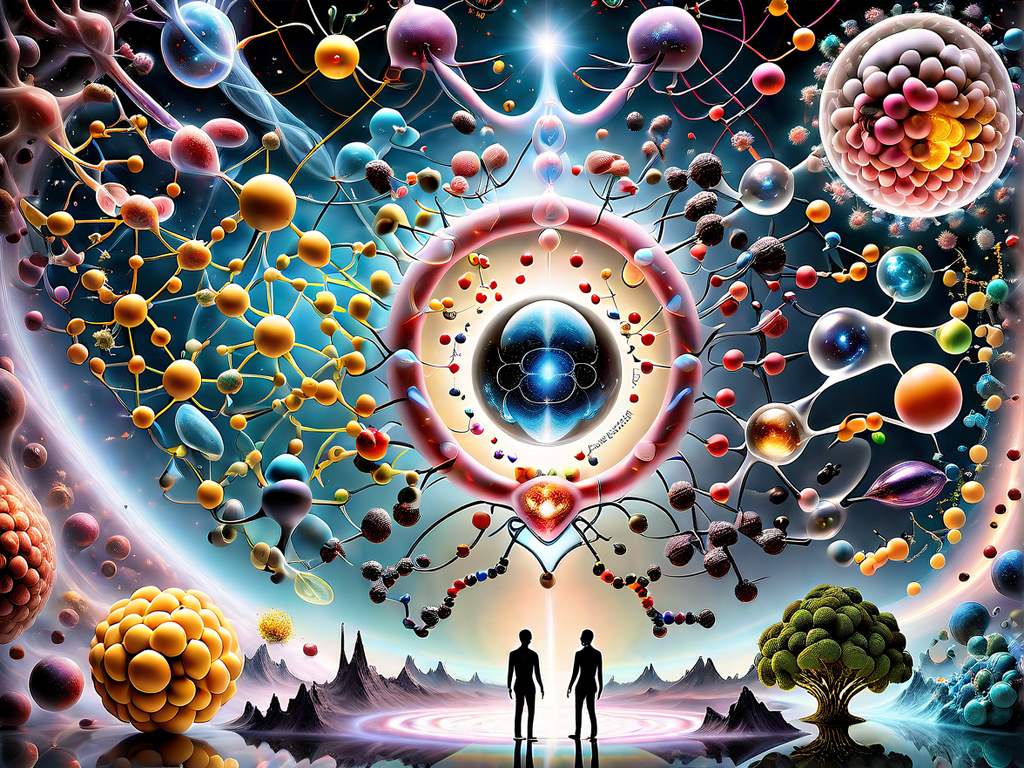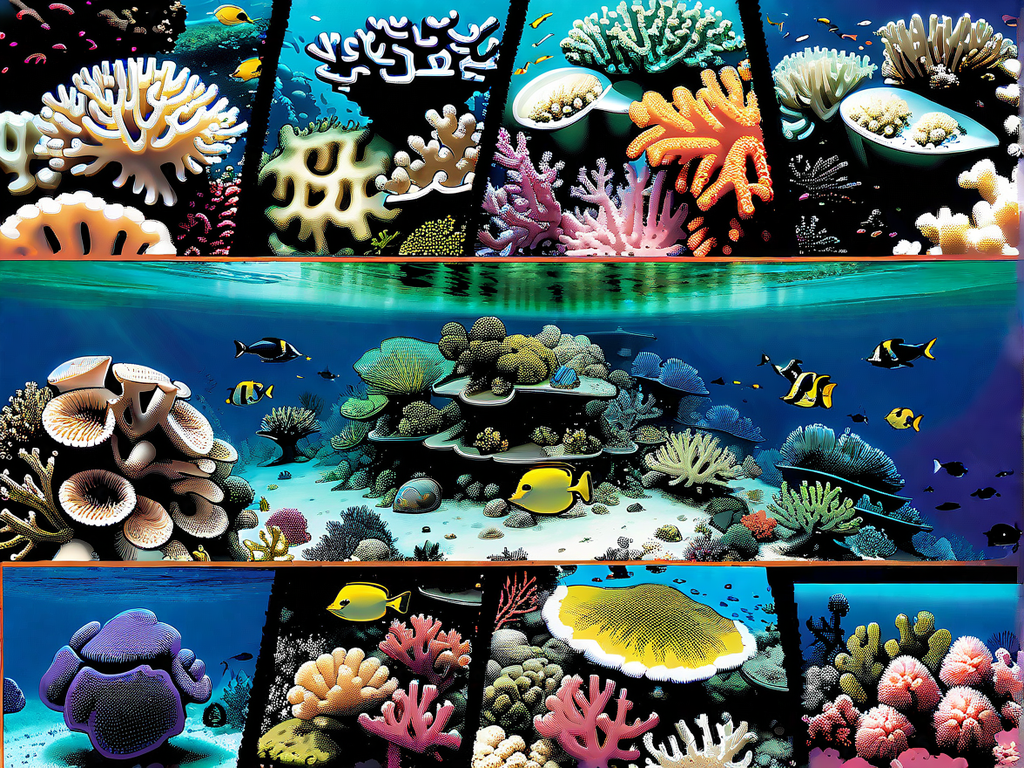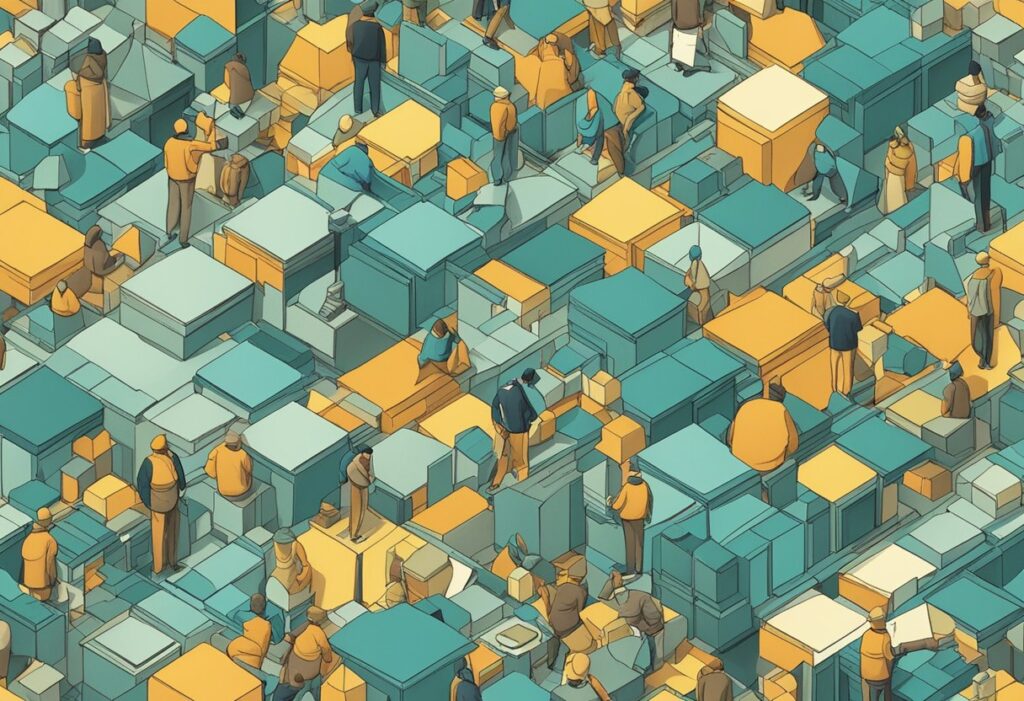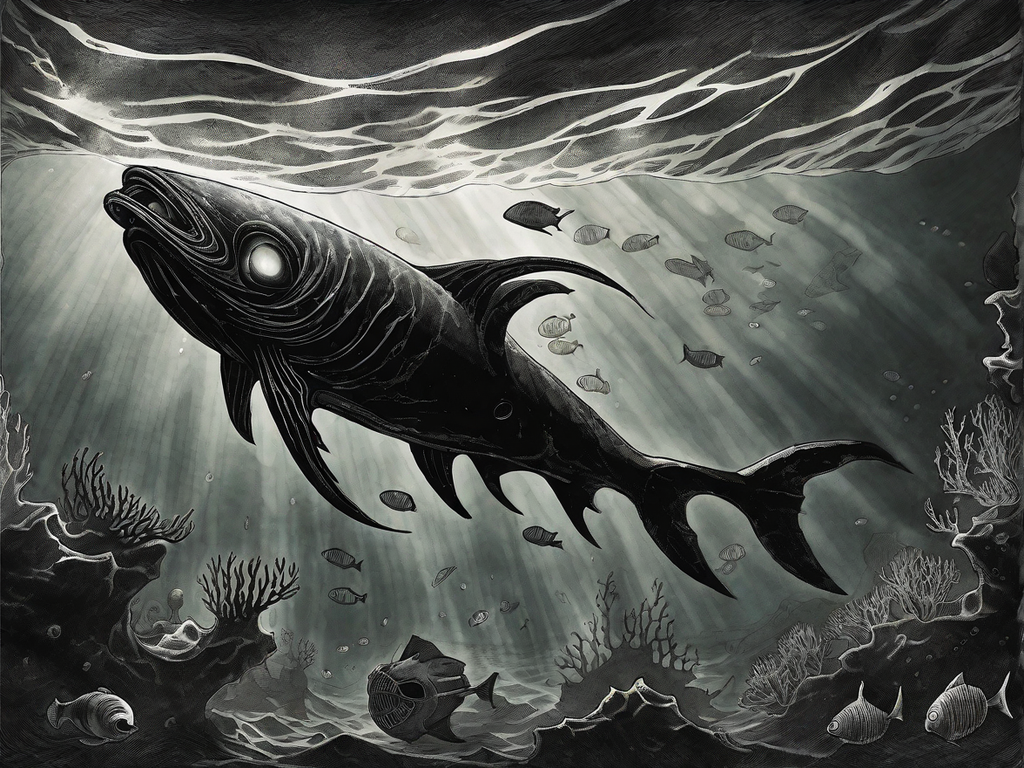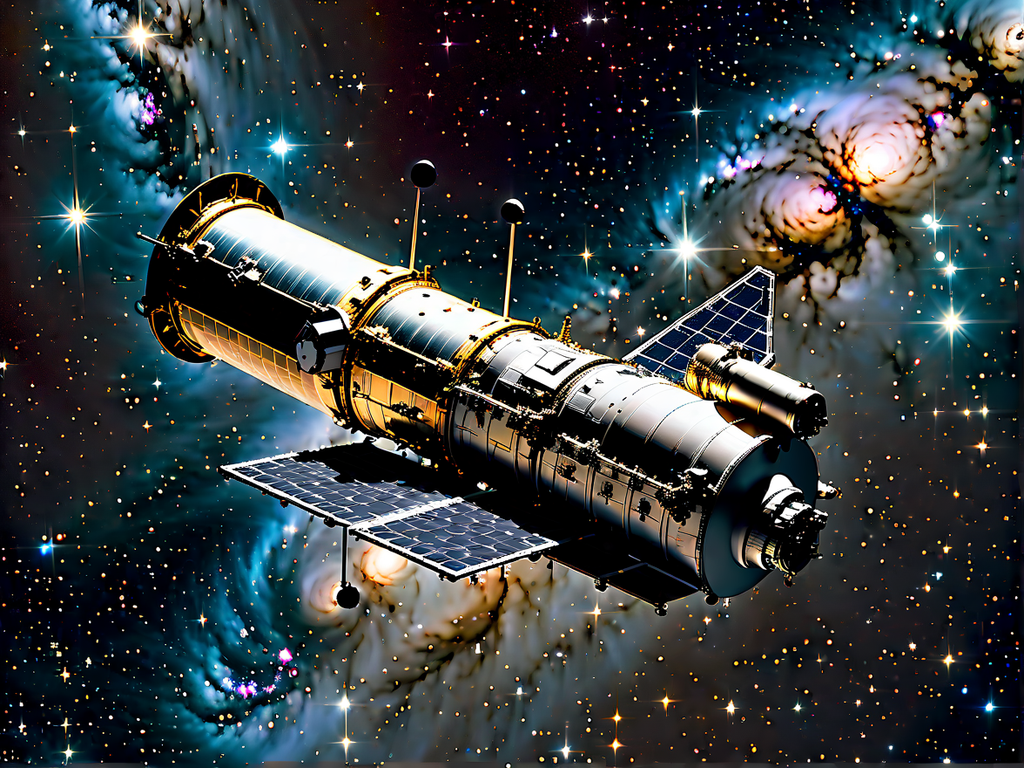Transportation is quite major part of our daily activities. From cars and bikes to buses and trains, we’ve relied on traditional means of getting from point A to point B for decades. However, the future of transportation promises a revolution that goes far beyond what we’re accustomed to. In this exploration, we will delve deep into the exciting possibilities that lie ahead and leave you with intriguing food for thought.
The Current Landscape
As urbanization continues to surge, the demand for efficient and sustainable transportation options is higher than ever. Traffic congestion, pollution, and the limited capacity of existing infrastructure have created a pressing need for innovative solutions. The good news is that the transportation sector is on the cusp of a significant transformation.
The Rise of Electric Vehicles
Electric vehicles (EVs) are one of the most prominent game-changers in the world of transportation. They are not only cleaner and more sustainable than their gasoline-powered counterparts but also boast impressive performance and lower operational costs. Companies like Tesla have revolutionized the market, making EVs more accessible and desirable to a wider audience.
Autonomous Vehicles
Self-driving cars, once a concept confined to science fiction, are now a reality. Companies like Waymo and Tesla are testing and deploying autonomous vehicles, promising safer and more efficient travel. These vehicles use advanced sensors, artificial intelligence, and machine learning to navigate roads, potentially reducing accidents and traffic congestion.
Hyperloop: The Future of Immediate Travel
Elon Musk’s Hyperloop is another revolutionary concept that aims to transform transportation. It involves pods traveling through a network of low-pressure tubes at incredible speeds, potentially reaching over 700 miles per hour. This innovation could make long-distance travel faster and more efficient while reducing the environmental impact.
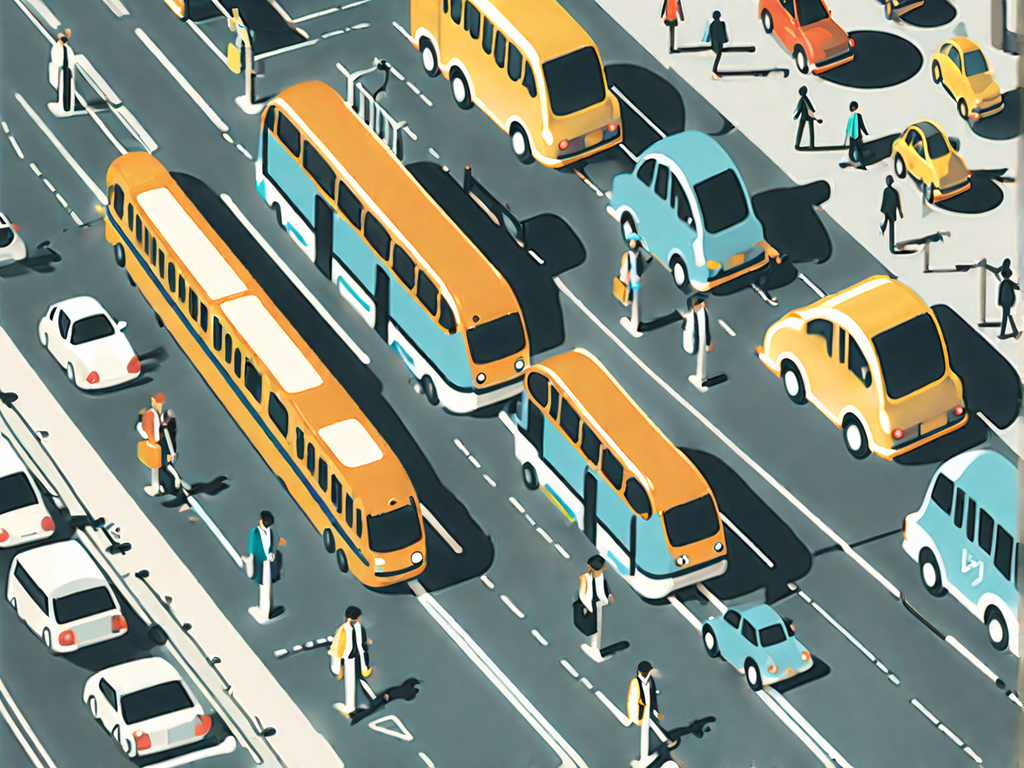
The Promise of Flying Cars
Flying cars, long a symbol of futuristic transportation, are becoming closer to reality. Companies like Terrafugia and PAL-V are working on prototypes that could alleviate traffic congestion by taking to the skies. While this technology is still in its early stages, it raises exciting possibilities for the future.
The Urban Mobility Solutions
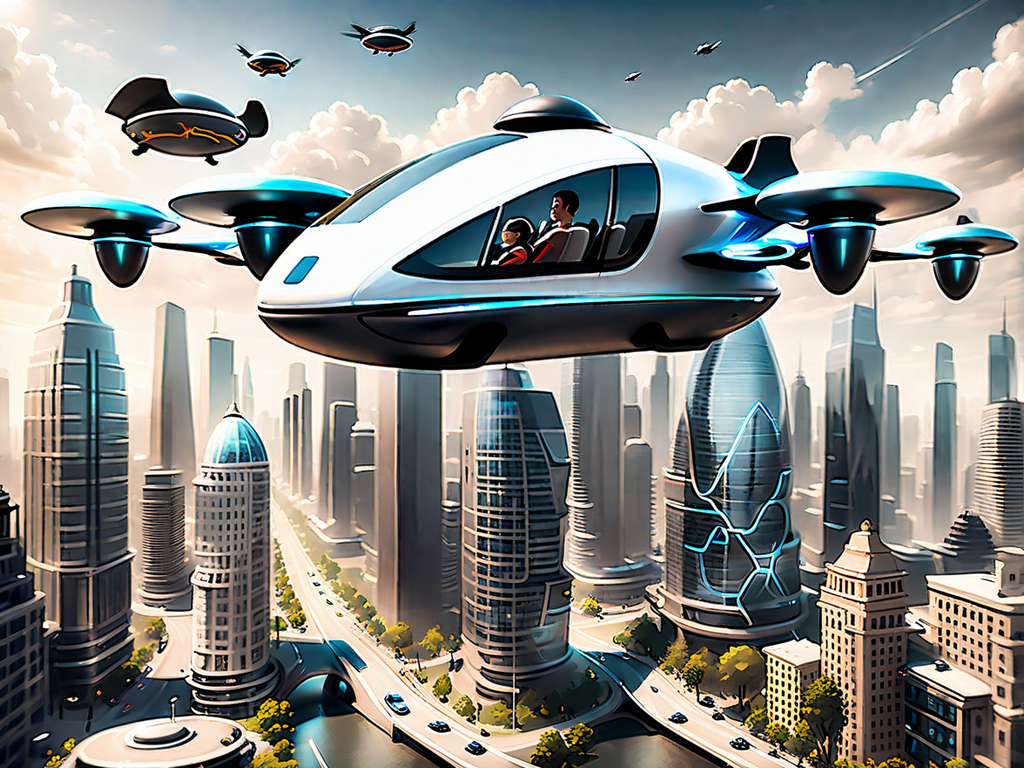
Urban mobility solutions are reshaping how we move within cities. Bike-sharing and scooter-sharing services have become increasingly popular, offering convenient, eco-friendly alternatives to traditional transportation. Micro-mobility options like e-scooters and e-bikes are contributing to reduced traffic and improved air quality in congested urban areas.
The Role of Sustainable Public Transportation
Efficient and sustainable public transportation systems are critical components of the future. Cities are investing in electric buses, trams, and light rail systems to reduce their carbon footprint. These modes of transport not only alleviate congestion but also promote greener living in urban areas.
Infrastructure for the Future
The transportation revolution extends to infrastructure. Smart roads embedded with sensors and connectivity features can improve traffic flow, enhance safety, and reduce energy consumption. In addition, charging infrastructure for electric vehicles is expanding, making EV adoption more practical.
Challenges to Overcome
While the future of transportation holds great promise, it is not without challenges. Concerns about data security and privacy, the need for regulations and standards for autonomous vehicles, and the environmental impact of increased transportation demand all require thoughtful consideration.
Food for Thought
As we contemplate the future of transportation, let’s consider some intriguing questions:
The Environmental Impact: How can we ensure that future transportation options remain sustainable and eco-friendly, minimizing the carbon footprint associated with travel?
Urban Planning: How will cities adapt to accommodate new modes of transportation, ensuring safe and efficient integration into existing infrastructure?
Economic and Social Equity: What measures can be taken to ensure that the benefits of new transportation technologies are accessible to all, regardless of income or location?
Safety and Regulation: How do we strike a balance between promoting innovation and implementing necessary regulations to ensure the safety of autonomous and unconventional transportation methods?
Join the Conversation
The future of transportation is not only about vehicles but also about reimagining how we move and live in the world. As we move towards a more connected and sustainable future, we invite you to share your thoughts and engage in a conversation about the transformative potential of transportation.
What excites you most about the future of transportation? Are there challenges or concerns that you’d like to discuss? Share your perspective in the comments, and let’s explore together how the way we move is changing and what it means for our future.



